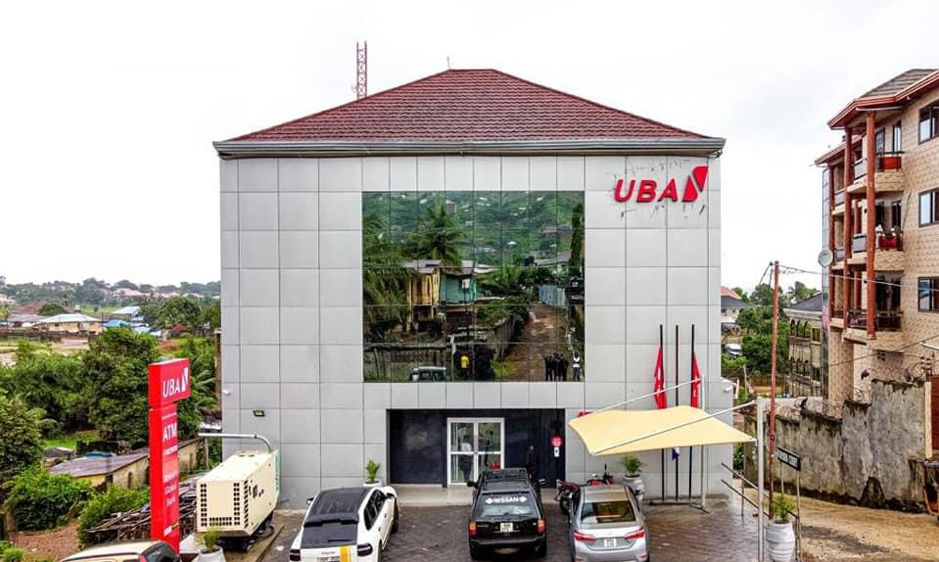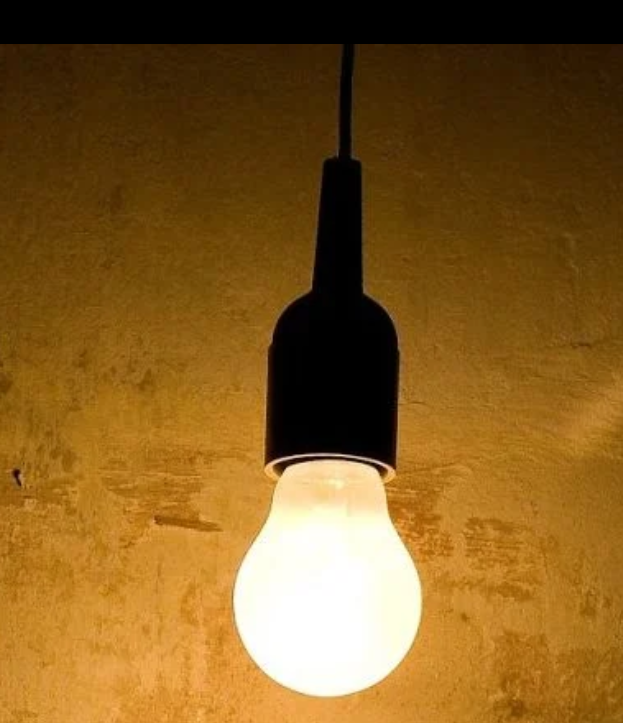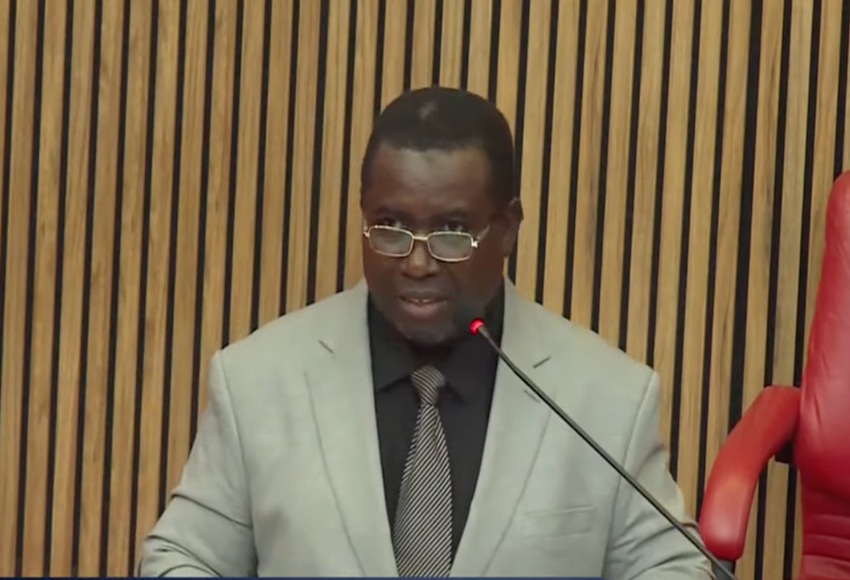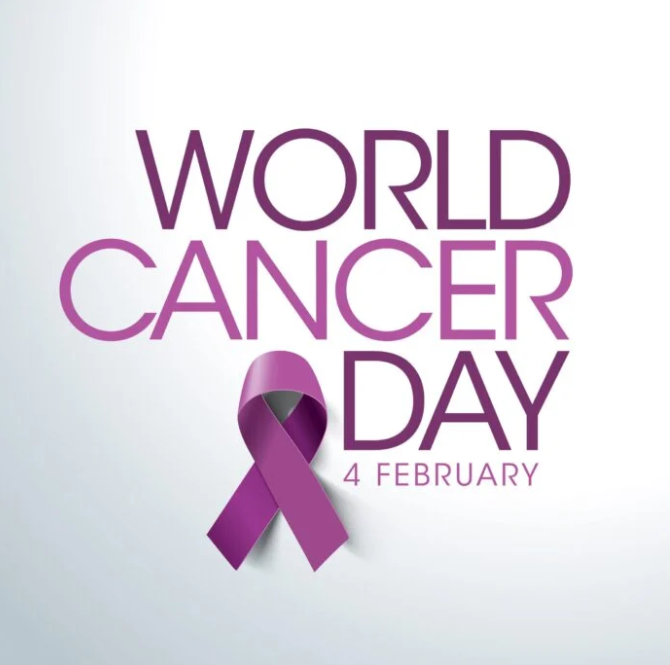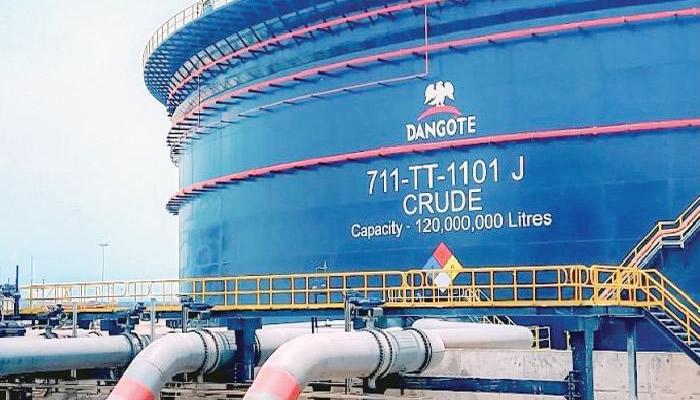
The Petroleum Products Retail Outlets Owners Association of Nigeria (PETROAN) confirmed on Wednesday that Dangote Refinery has not yet shifted to selling petroleum products in dollars, despite earlier concerns.
PETROAN President, Billy Gillis-Harry, shared on Arise Television that members of the association are still purchasing fuel in Naira.
He clarified that, despite rumors of a potential suspension, the association has not been officially informed of any changes in the sale of petroleum products. Gillis-Harry also confirmed that depot prices remained unchanged as of Wednesday.
“As of yesterday, our members are still buying products in Naira,” Gillis-Harry said. “I don’t believe Dangote is trying to cause any panic. He is simply expressing concerns about maintaining the stability of the refinery business, which is natural for any businessman. But as of now, there has been no shift to US dollar transactions.”
On March 19, Dangote Refinery announced it would temporarily suspend the sale of petroleum products in Naira, citing challenges in purchasing crude oil in dollars while selling products in the local currency. The refinery pointed out that this disparity could lead to significant financial imbalances.
Despite several meetings, no resolution has been reached.
Gillis-Harry reaffirmed PETROAN’s position that Nigerian crude oil should continue to be sold in Naira. He also emphasized the need for comprehensive stakeholder consultations if any policy changes are being considered.
“If there is any review of this decision, it should be done through a stakeholder forum to carefully evaluate the implications,” he said. “The Petroleum Industry Stakeholder Forum, led by the Minister of Petroleum, already exists to ensure all industry players can provide input.”
PETROAN also stated that fuel prices will remain subject to fluctuation based on factors such as production costs, delivery expenses, and landing costs. As these variables change, so will fuel prices.
“Any shift in these factors will naturally affect prices,” Gillis-Harry noted. “If costs drop, prices will decrease; if they rise, prices will go up. We anticipate continued fluctuations, but we are working towards stabilizing them over time.”
He urged Nigerians not to engage in panic-buying, reassuring them that there are no indications of a product shortage.
Advertisement


